10 AI Terms Every Recruiter Must Know in 2025
Introduction
AI is rewriting the rules of recruiting. Every recruiter in 2025 must grasp its core concepts. Why? Because AI in recruitment is not just an assistant anymore. It’s a game-changer. It screens resumes, chats with candidates, and even predicts hiring trends. But AI is only as effective as the people using it. If recruiters don’t understand the language of AI, they risk being left behind.
That’s why we’re breaking down 10 AI terms that every recruiter must know. No fluff. No tech jargon. Just the essentials. Read on, and by the end, you’ll speak AI fluently.
1. AI Agent
AI agents are transforming recruitment. They work like virtual recruiters, handling repetitive tasks with zero fatigue. These intelligent systems screen candidates, schedule interviews, and even send follow-ups. Unlike basic automation, AI agents learn from interactions. They improve over time.
- Reduce time spent on manual tasks.
- Improve candidate engagement with real-time responses.
- Free up recruiters for strategic hiring decisions.
2. Algorithm
Every AI tool runs on algorithms. These mathematical instructions guide decision-making. They analyze resumes, rank candidates, and predict hiring success. AI algorithms don’t just automate tasks. They refine hiring processes by identifying top talent faster.
- Process vast amounts of data instantly.
- Remove human bias (when designed correctly).
- Optimize hiring speed and accuracy.
3. Anonymization
Bias in AI hiring trends is a major concern. Anonymization removes personal details like names, gender, and education history from resumes. This ensures AI evaluates candidates based on skills, not background. The result? Fairer hiring decisions.
- Helps build diverse teams.
- Curbs unconscious bias that might creep in during the recruitment process
- Does not focus on demographics rather on merit.
4. Conversational AI
Recruitment chatbots are here to stay, but not as we used to know them. Conversational AI simulates human behaviour, enabling providers to engage candidates through text, voice, or video. It answers FAQs, pre-screens candidates, and even schedules interviews. The best part? It operates 24/7.
- Speeds up candidate communication.
- Enhances the applicant experience.
- Reduces recruiter workload.
5. Deep Learning
Deep learning is the backbone of AI recruiting. Inspired by the human brain, it processes massive amounts of data to detect hiring patterns. The more it learns, the better its predictions.
- Improves resume screening accuracy.
- Adapts to new hiring trends.
- Reduces false positives in candidate selection.
6. Generative AI
Generative AI is redefining recruitment content. It writes job descriptions, emails, and interview questions with human-like precision. It personalizes messages based on candidate profiles, making outreach more engaging.
- Saves recruiters hours on writing.
- Enhances employer branding.
- Automates communication without sounding robotic.
7. Large Language Model (LLM)
LLMs harness the power of most advanced AI recruiting . They process and generate natural-sounding text at scale. Unlike traditional chatbots, they understand context, tone, and intent. They don’t just reply. They converse.
- Handle complex hiring conversations.
- Improve chatbot accuracy.
- Personalize candidate interactions.
8. Machine Learning
Machine learning is what makes AI smart. Instead of following rigid rules, it learns from data and adjusts. Every interaction refines its ability to match candidates with jobs. Recruiters using ML-based tools gain a competitive edge.
- Enhances hiring predictions.
- Reduces hiring errors.
- Continuously improves recruitment accuracy.
9. Natural Language Processing (NLP)
AI now understands human language. NLP enables systems to read resumes, analyze responses, and interpret candidate sentiment. It bridges the gap between human communication and machine intelligence.
- Extracts relevant skills from resumes.
- Enhances chatbot conversations.
- Improves candidate-job matching.
10. Supervised Learning
AI doesn’t train itself. Supervised learning relies on human-labeled data to teach machines. In recruitment, it ensures AI understands hiring patterns correctly. Without it, AI decisions would be unreliable.
- Reduces bias in AI predictions.
- Increases hiring accuracy.
- Strengthens trust in AI-driven decisions.
Conclusion
AI in recruitment isn’t just a tool. It’s a partner. But to harness its full power, recruiters must speak its language. These 10 terms are the foundation. Master them, and AI becomes an asset, not an obstacle.
Hiring success in 2025 will belong to those who embrace AI, understand its mechanics, and apply it strategically. Ready to lead the AI-driven future of recruitment? Now you have the knowledge to do just that.
FAQs
Why do recruiters need to know AI lingo?
Recruiters who know AI terminology definitely have an advantage than the recruiters who do not use AI. As AI always assists in making hiring strategies, automates tasks, and improves decision making. Understanding the Terms Keeps Recruiters Working Smarter, Not Harder
Can AI replace recruiters?
No. AI does help recruiters, but it doesn’t replace them. For sure, it performs tasks that are repetitive with ease. Top recruiters mix the power of AI with human perspective to make the best hiring choices.
How do AI help reduce bias in the hiring process?
AI can reduce bias by identifying information from resumes. So, this helps eliminate unconscious bias. But AI is only as just as the data it is trained on. So if AI is trained on skewed data, it can entrench discrimination, which is why human oversight matters.
Do AI-generated job descriptions work?
Yes, if done right. Generative AI writes compelling job descriptions in seconds. But recruiters should keep in mind they need to review and tweak them to make sure they’re accurate and aligned with company culture.
What is the top AI trend in recruitment for 2025?
If we look at AI recruitment trends 2025, Conversational AI is at the forefront. Interviews were once communicated through a telephone conversation process but now transform in-person with the advent of AI-powered chatbots that screen answers, provide interview answers, and even assess various positive qualities. With these kinds of tools that recruiters adopt will surely stay ahead of the competition.


